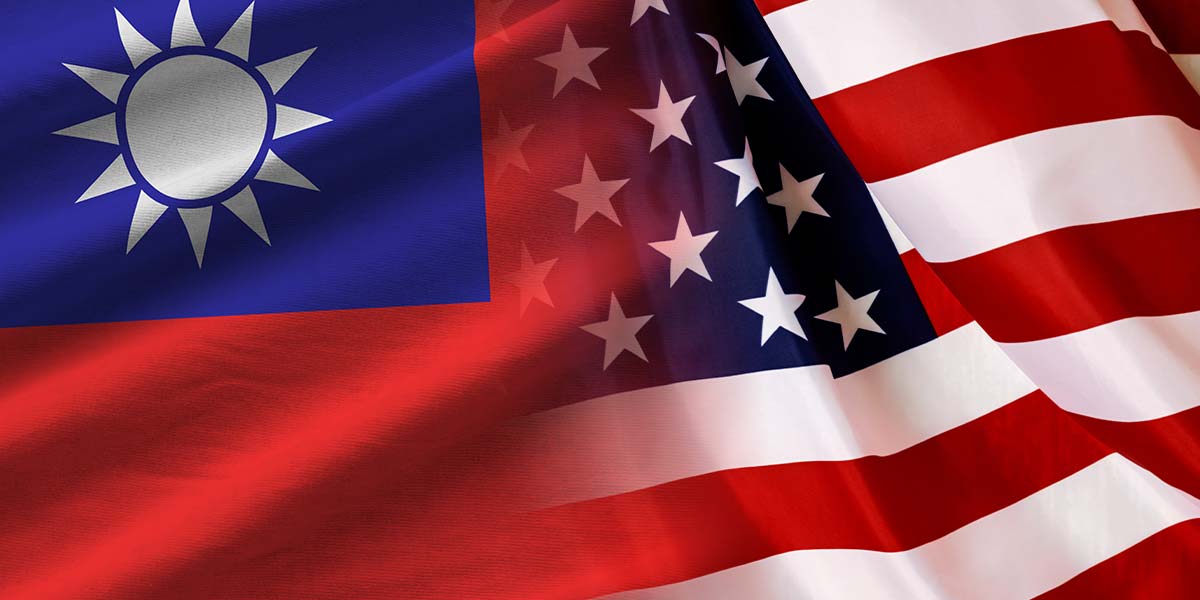Taiwan’s President Lai Ching-te has urged U.S. President Donald Trump to maintain strong support for the island in the face of growing concerns that Washington could compromise Taiwan’s interests as it seeks improved relations with Beijing.
In comments delivered during a broadcast on The Clay Travis and Buck Sexton Show, Lai warned that if China annexes Taiwan, it will strengthen Beijing’s position in the international arena and further challenge the rules-based international order. This development would directly affect America’s own national interests.
The president’s outreach on American airwaves reflects Taiwan’s precarious situation, given its diplomatic isolation and China’s ongoing claims over the island. While the U.S. has traditionally acted as a reliable partner for Taipei, President Trump’s administration has begun exploring engagement with Beijing and has voiced reservations about extended foreign entanglements.
In July, Lai delayed an international visit after the U.S. reportedly refused his request for a transit stop in New York—an incident that followed closely after The Washington Post reported Trump withheld approval for more than USD 400 million in military aid for Taiwan.
Beijing is also stepping up efforts to persuade Washington to toughen its language over Taiwan, pushing for a shift from the U.S. official position of not supporting independence to explicitly opposing it.
During the interview, Lai referenced Trump’s aspirations for a Nobel Peace Prize, stating that if the U.S. president could convince China to renounce force against Taiwan permanently, it would merit such recognition.
Lai reaffirmed his willingness to engage Beijing in dialogue, stressing the conditions of equality and dignity. He also voiced support for continued international investment by Taiwan Semiconductor Manufacturing Co. (TSMC), a dominant producer in the AI chip sector.
The Taiwanese President stated in the interview that his nation is willing to cooperate with the U.S., assisting America’s reindustrialization efforts and helping to position the U.S. as the world’s artificial intelligence hub so that it can continue to lead and become great again.
Meanwhile, U.S. Commerce Secretary Howard Lutnick has called for increased semiconductor manufacturing on American soil, aiming to fulfill half of domestic demand within the country. This proposition has prompted concerns that shifting chip production could undermine U.S. resolve to protect Taiwan in a crisis.
According to Taipei, the government has no plans to relocate a significant portion of its semiconductor manufacturing to the U.S. but remains open to facilitating American tech investment, including offering credit guarantees for such ventures.





